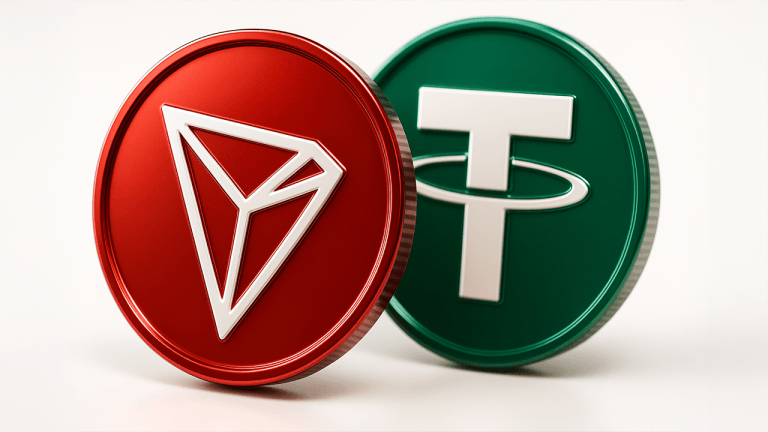Alright, I'm trying to make a summary about what characterizes a good to be of use as money, and how Bitcoin fits the bill.
This is what I've come up with during this day, I'm not disappointed with what I've written thus far, but I feel like there's enough room for improvement and for that, I'd like the help of the community. I know it's not that nicely formatted, it jumps all over the place whenever I copy-paste it.
I've translated it from German to English using ChatGPT, I've gave it a quick read, and it looks OK so far, I think there's no content missing either. Please feel free to point out any errors.
Beware ! It's a long post, Reddit wouldn't let me post it, second part is in the comments ! ;)
What problem does Bitcoin solve as money? It provides a way to transfer economic value across time and space.
How does a good become money?
Any person who decides to purchase something, not to own it, but with the intention of exchanging it for something else, effectively turns it into money.
The simplest way for people to exchange values is through the mutual exchange of valuable goods. This process of direct exchange is called barter, but it is only practical in a small circle with few produced goods and services.
Since there's not much room for specialization and trade, everyone participates in producing essential goods and services, and exchanges them directly with each other.
The larger the market, the more opportunities for specialization and exchange, but also the greater the problem of matching needs - what one wants to acquire is produced by someone who doesn't need their own offer. This problem is characterized by three different dimensions:
The scales do not sufficiently align; what is needed may not be equivalent to what one possesses, and dividing into smaller units may not be practical.
Matching time frames; what one wants to sell may be perishable, but what they want to buy is durable and valuable, making it difficult to accumulate enough of their perishable goods to exchange for a durable one at a specific time.
Lack of location matching; one may want to sell a house in one location to buy a house in another location, but (most) houses cannot be moved.
These problems make direct exchange very impractical and lead to the need for multiple levels of exchange to satisfy economic needs. The only way to bypass this is through indirect exchange.
For this, one exchanges their good until they possess the good that the counterparty currently needs; these goods are mediums of exchange, and since any good can serve as a medium of exchange, it becomes impractical as the economy grows to constantly search for different goods needed by the counterparty.
For example, one exchanges their apples for shoes, and shoes for wood, ultimately exchanging this wood for the good they originally needed.
The problem of matching needs and its aspects, as well as the impractical handling of indirect exchange, can be solved by people agreeing on a single good that everyone can exchange their goods for. Such a good that takes on the role of a widely accepted medium of exchange is called money.
The central function of money is to be a medium of exchange. Money is a good that wasn't bought to be consumed (a consumer good) or used in the production of other goods. How well a good serves as money is determined by fulfilling the three functions of money: saleability, store of value, and unit of account.
Saleability
The ease with which a commodity can be sold on the market whenever its owner desires, with the least loss of value.
The relative saleability of goods can be measured by how well they solve the three aspects of the problem of mismatched needs: their saleability across scales, space, and time.
A commodity that is saleable across scales can easily be divided into smaller units or combined into larger units, allowing the owner to sell it in any desired quantity.
Location-independent saleability indicates that it's easy to transport the good or take it on journeys, which has led to good monetary media generally having a high value per unit of weight.
The saleability of a good over time refers to its ability to preserve value for the future, enabling the owner to store wealth. Store of Value
The storage of value
For a good to remain saleable over time, it must be immune to decay, corrosion, and other forms of deterioration. It's also necessary that the supply of the good doesn't increase too much while in the owner's possession. To prevent excessive increase in the supply of a good, a natural or artificial mechanism is needed to limit the influx of the good into the market and maintain its value over time. For a good to serve as money, it must be costly to produce; otherwise, the temptation of cheap money production destroys savers' wealth and the incentive to save in that medium.
The relative difficulty of producing new units of money determines its hardness: money with a hard supply to increase is called hard money, while soft money is a type of money whose supply can be increased easily.
The hardness of money can be derived from the ratio between the stock and flow of a good used as money. The stock represents the existing supply of the good, while the flow represents the additional production that occurs in the coming period.
A good with a low stock-to-flow ratio is one whose supply can be dramatically increased if people use it as a store of value.
Such a good would likely struggle to retain its value, as the supply could increase faster than demand. However, the higher the stock-to-flow ratio, the more likely it is that a good will maintain its value over time, as its supply increases slowly, ensuring long-term saleability.
Money as a Unit of Account
The broad acceptance of a good allows all prices to be expressed within its framework. In an economy without a recognized medium of exchange, every good must be evaluated relative to every other good, leading to a large number of prices and making economic calculations extremely difficult. In an economy with an accepted medium of exchange, the prices of all goods are expressed in terms of the same unit of account. In such a society, money serves as a measure for assessing interpersonal values; it rewards producers to the extent they contribute value to others and indicates to consumers how much they must pay to acquire their desired goods. Only with a unified medium of exchange as a unit of account can complex economic calculation become possible, allowing for specialization in complex tasks, wealth accumulation, and large markets.
The functioning of a market economy depends on prices, and prices, strictly speaking, depend on a common medium of exchange that reflects the relative scarcity of different goods.
[link] [comments]

You can get bonuses upto $100 FREE BONUS when you:
💰 Install these recommended apps:
💲 SocialGood - 100% Crypto Back on Everyday Shopping
💲 xPortal - The DeFi For The Next Billion
💲 CryptoTab Browser - Lightweight, fast, and ready to mine!
💰 Register on these recommended exchanges:
🟡 Binance🟡 Bitfinex🟡 Bitmart🟡 Bittrex🟡 Bitget
🟡 CoinEx🟡 Crypto.com🟡 Gate.io🟡 Huobi🟡 Kucoin.





Comments